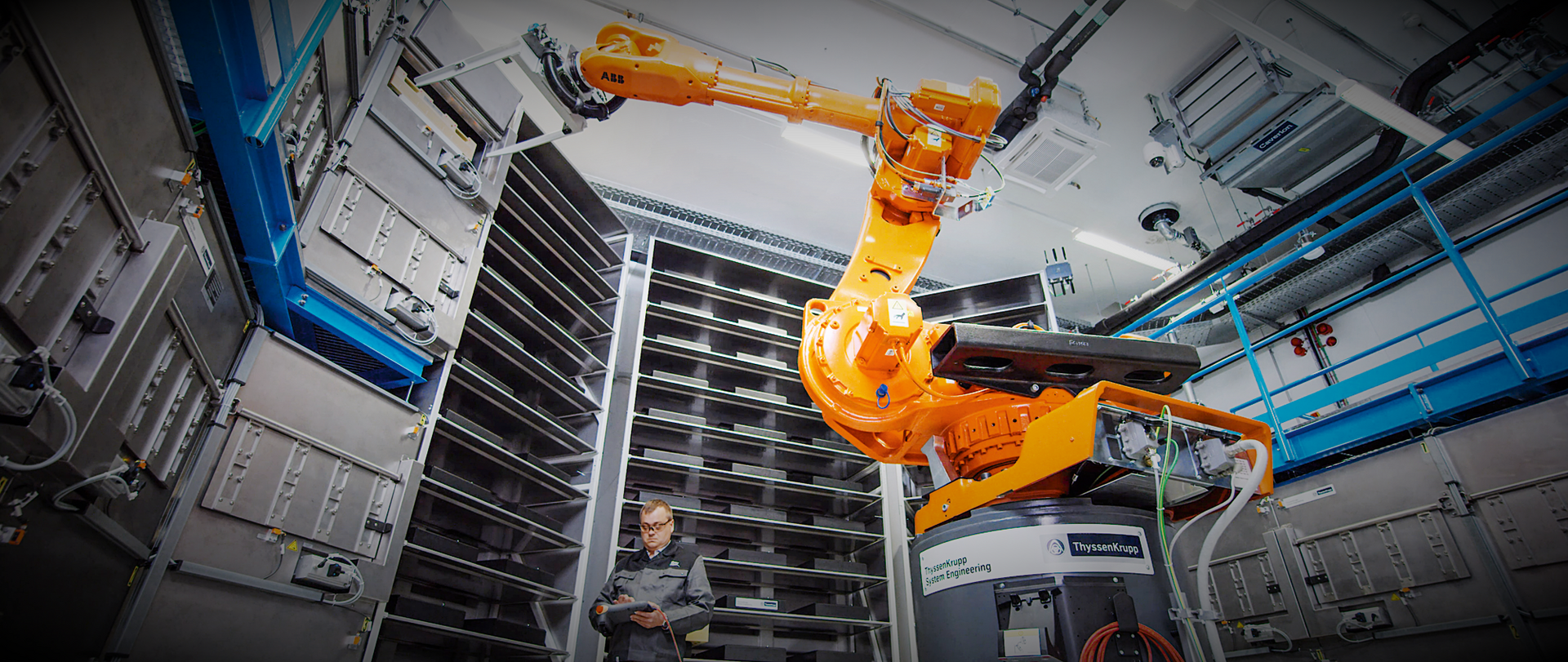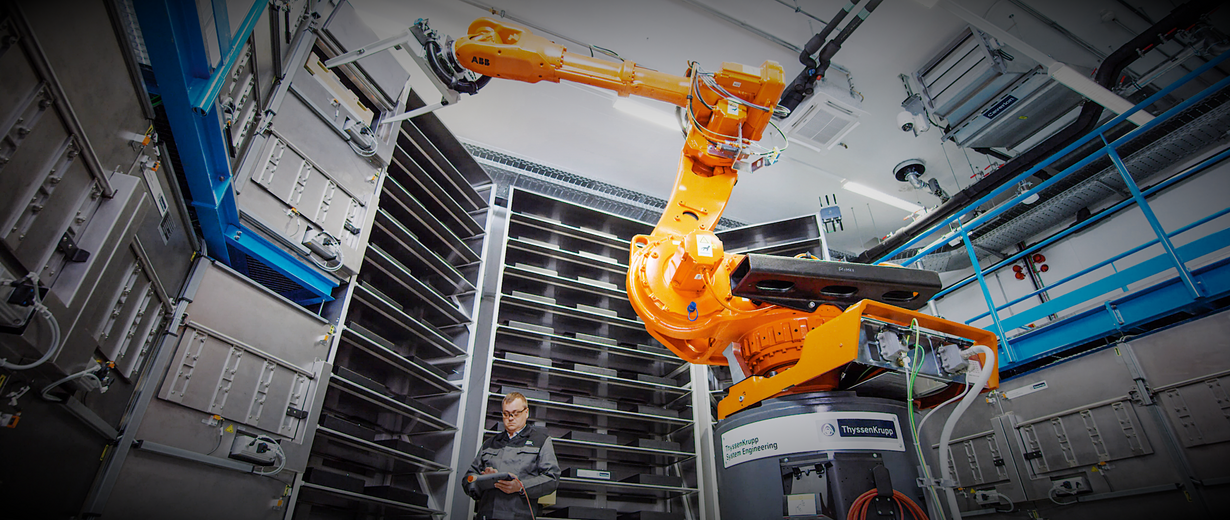Episode 74: Pulsed charging in battery formation

Fresh battery cells are traditionally carefully charged for up to 24 hours immediately after they are manufactured. This "forming process" is cost-intensive and very time-consuming.
A group of battery researchers from Ulm has now developed a process that could very soon save millions of euros: The scientists are applying a combination of "pulsed charging" and artificial intelligence. This not only leads to higher quality cells and less production time (namely only 10 hours!), it also reduces waste.
Our podcast guest today, Prof. Dr.-Ing. Helge Sören Stein, works at the Karlsruhe Institute of Technology, the Helmholtz Institute Ulm and the POLiS Cluster of Excellence. As a materials researcher, he is actually dedicated to researching and optimizing new battery materials. Through the "InZePro Competence Cluster" and the "InForm" research project, his research group is also involved in the new development of innovative production processes.
"Formation" is one of the most cost-intensive processes within the entire production process of a battery cell. It involves the initial charging and discharging of the battery cell. The parameters (current and voltage characteristics) during formation vary greatly depending on the cell manufacturer, but always influence the subsequent cell performance to a great extent. Traditionally, cell batches are initially charged in a standardized manner in 24 hours and are subject to a specific scheme of charging and discharging processes.
And this is where Stein's research group comes in: Using pulsed charging in real time, the fresh cells are formed in the new process in just about 10 hours. And in the process, each cell is also treated individually according to voltage change and internal resistance. This saves time, costs and results in far fewer cells that later turn out to be unusable.

